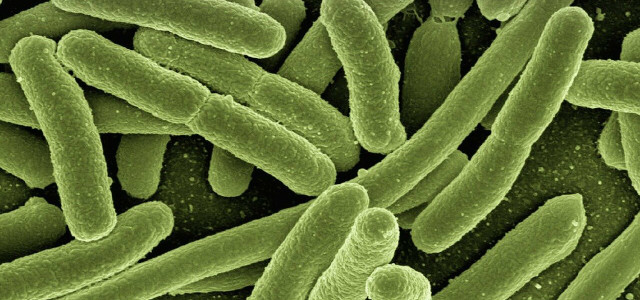
At water temperatures from around 20 degrees, you have to reckon with them more often: Vibrios. They are microscopic – and dangerous to health.
According to the State Office for Health and Social Affairs (Lagus), the first vibrios of the season have been detected on the Baltic Sea coast of Mecklenburg-Western Pomerania. At water temperatures from around 20 degrees, an increased occurrence of vibrios must be expected in the Baltic Sea, the authority announced on Thursday. An infection in humans after contact with Baltic Sea water has not yet been reported in 2023.
Not everyone is at risk
In rare cases, vibrios can cause serious infections. However, only very few bathers are at risk from vibrios. In the 2022 season, a total of ten infections in Mecklenburg-Western Pomerania were reported to Lagus.
There are many types of vibrios. Twelve of them usually trigger diseases in humans. The best known is probably V. cholerae, which causes the diarrheal disease cholera. Even small injuries to the skin are enough for the rod-shaped bacteria to get into the human organism. Wound infection can then occur in people with a weakened immune system, the elderly or people with previous illnesses.
Vibriations difficult to prevent
If this is not treated adequately, the bacteria spread throughout the body and can lead to life-threatening blood poisoning. People who suspect an infection should seek medical help and point out contact with water. Anyone who belongs to the risk group should avoid contact with sea or brackish water in the event of skin injuries.
As the German Press Agency (dpa) reports, vibrio incidents have been known since 1994. In the past few years, there have been isolated infections again and again.
According to the Federal Environment Agency, the spread of vibrios can hardly be prevented. Because: Vibrios are a natural component of saline waters, such as the Baltic Sea. Some of these bacteria also live in the North Sea, but mainly in regions where the salt content is low due to the fresh water supply.
Read more on Techzle.com:
- Vibrios in bathing water: you should know that
- Study: Bacterial hotspots floating in the sea
- Blue-green algae: When bathing in the lake becomes dangerous